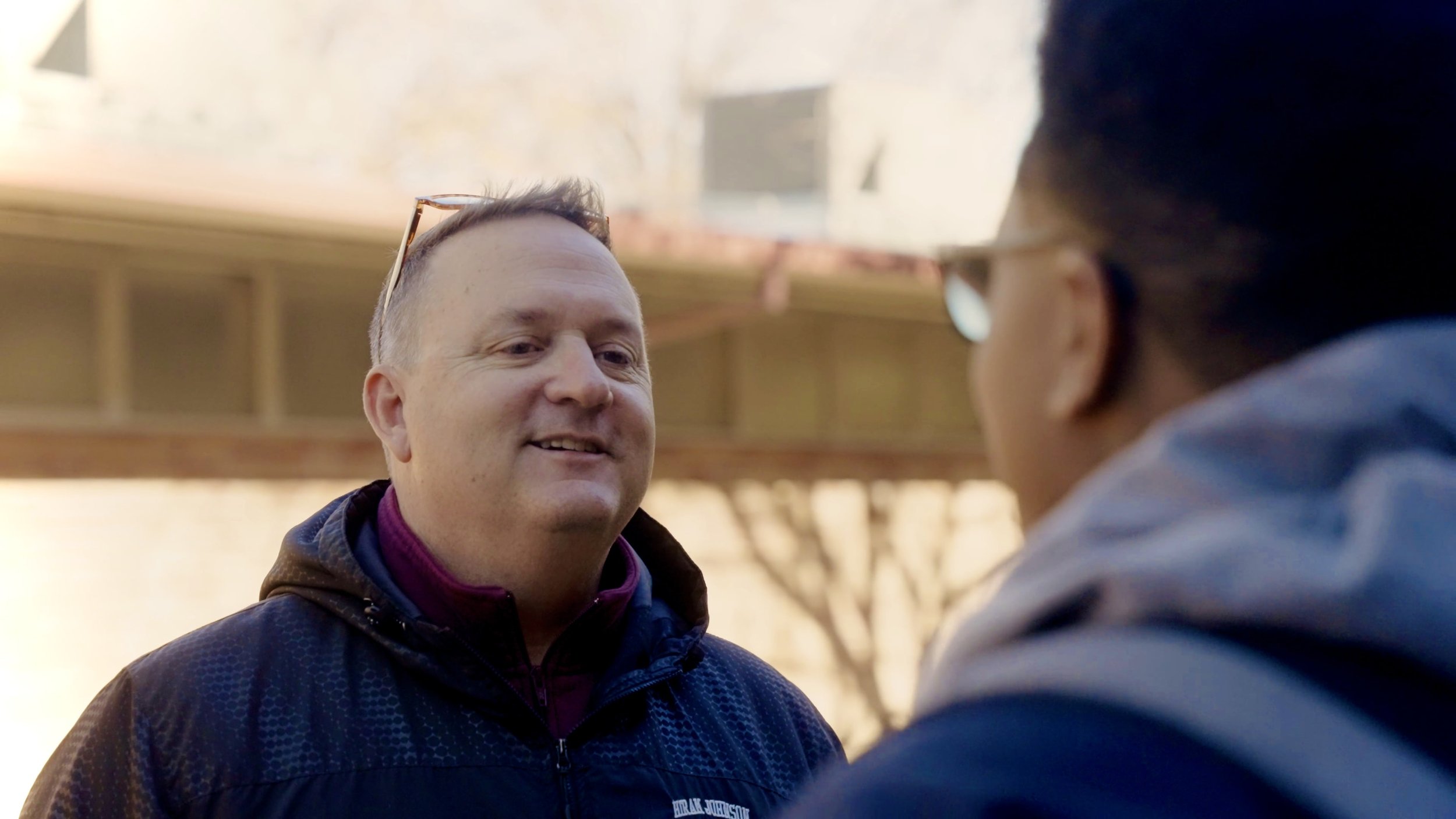
Clinician II Role
Phase 2: Weeks 7-12 at School Site
Training Resource Home > Clinician II > Phase 2: Weeks 7-12 at School Site
Phase Overview
This training phase for the Clinician II role aims to enhance understanding of the Clinician IIs responsibilities in promoting schools as centers of wellness. It emphasizes building strong relationships with supervisees, partners, and team members, while providing clinical support according to licensing status. Additionally, it supports the continuous transformation of schools into wellness centers through collaborative development activities, including the co-creation of Action Plans with the team.
Phase Goals/Objections
Further develop understanding of clinician II’s role and responsibilities in supporting development of School as Centers of Wellness
Continue developing relationships with supervisees, partners, and other team members
Provide clinical support to supervisees in accordance with licensing status
Support ongoing development of transforming Schools into Centers of Wellness with development activities including co-creating Action Plans with team
Role Development
Learn to develop a deeper understanding of the Clinician II role in transforming schools into centers of wellness, while acknowledging and addressing internal biases within the diversity, equity, inclusion, and belonging framework. Begin integrating Trauma-Sensitive Educational Leadership (TSEL) practices to foster a DEIB framework and cultivate authentic partnerships, while recognizing the importance of introspection and self-awareness in navigating discomforting circumstances or conversations.
-
• Continue to develop understanding of clinician II’s role in transforming Schools as Centers of Wellness by serving schools as clients
• Begin integrating TSEL practices within my work to cultivate the DEIB framework and engage in authentic partnerships
• Acknowledge the value of introspection and self-awareness, when circumstances or conversations lead to discomfort
Clinical Oversight and Support
Prioritize responsibilities of supervising both unlicensed (Associate) and licensed clinicians, including completing BBS Learning Agreements, reviewing and providing timely feedback on client documentation, and conducting weekly group and individual supervision sessions. Understand the importance of maintaining detailed notes and attendance records for effective supervision and professional development in clinical practice.
-
Supervision for Unlicensed Clinicians (Associate Clinicians):
• Review and sign; or request revisions on client documentation within 72 hours of submission
• Lead weekly group supervision for assigned group, maintaining notes and attendance records
• Lead weekly individual supervision for assigned Associate Clinicians
Supervision for Licensed Clinicians (Associate Clinicians):
• Lead case consultation for assigned group of Licensed Clinicians 2x per month maintaining notes and attendance records
Documentation Support
Collaborate with Clinicians and Coordinators to develop Action Plans for school sites when necessary. Additionally, continue to support clinicians by facilitating monthly documentation office hours, reviewing documentation standards for accuracy, and providing training. These efforts ensure that clinicians have the guidance and resources needed to maintain high-quality documentation practices. By offering ongoing support, you help create a consistent workflow that upholds compliance and improves service delivery across school sites.
-
• Develop Action Plan alongside Associates in collaboration with the coordinator; and upload to Teams (Leadership folder)
• Facilitate monthly documentation office hours
• Review documentation standards to ensure accuracy of clinical practices
• Provide documentation training (Teams, Epic)
• Facilitate and support the development and delivery of school-wide mental health and wellness interventions, programs, and trainings for all clinical roles
Program Development and Support
Learn the importance of attending and actively participating in various meetings, including regional and SBMHW team meetings, professional development, supervision, and school community events. Active participation fosters collaboration, professional growth, and alignment with organizational goals.
-
• Attend and collaborate in regional team meetings, SBMHW team meetings, professional development and training; supervision/consultation, and events within various schools in assigned region






